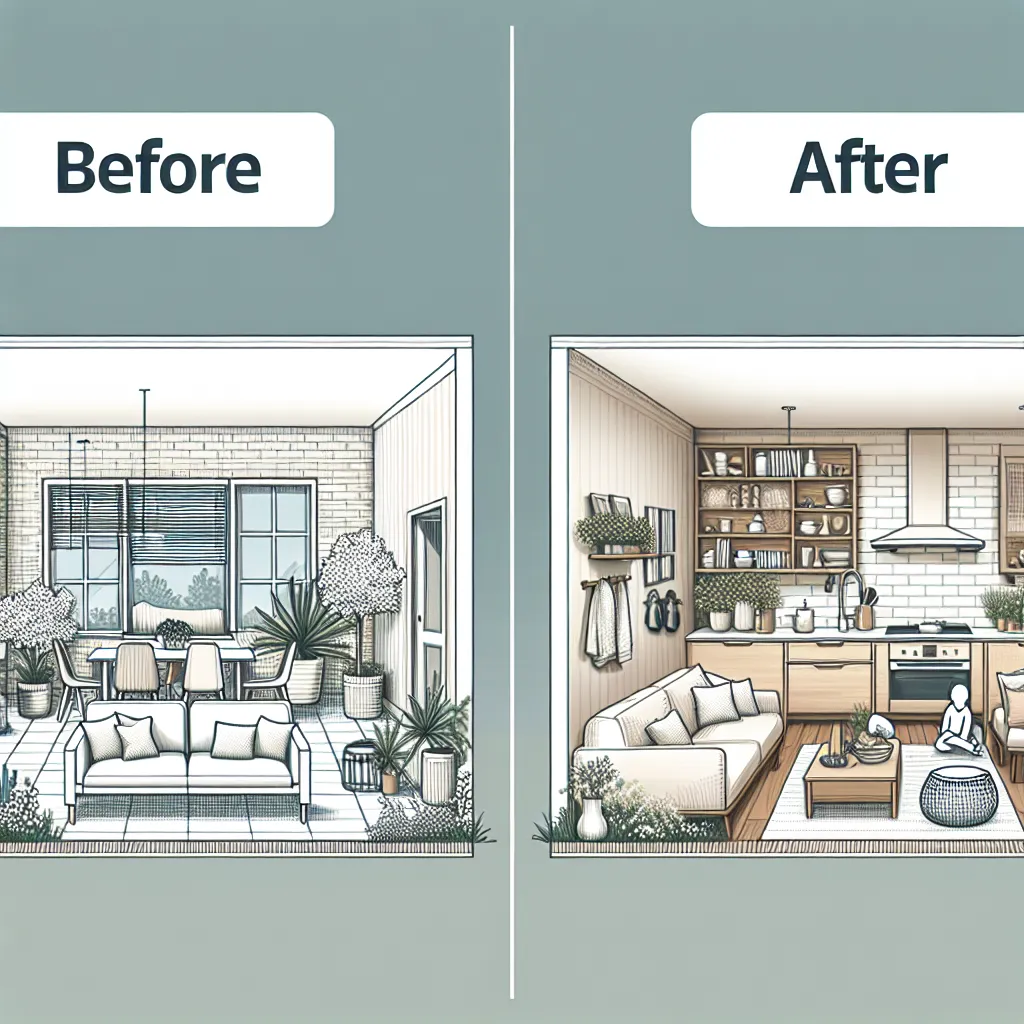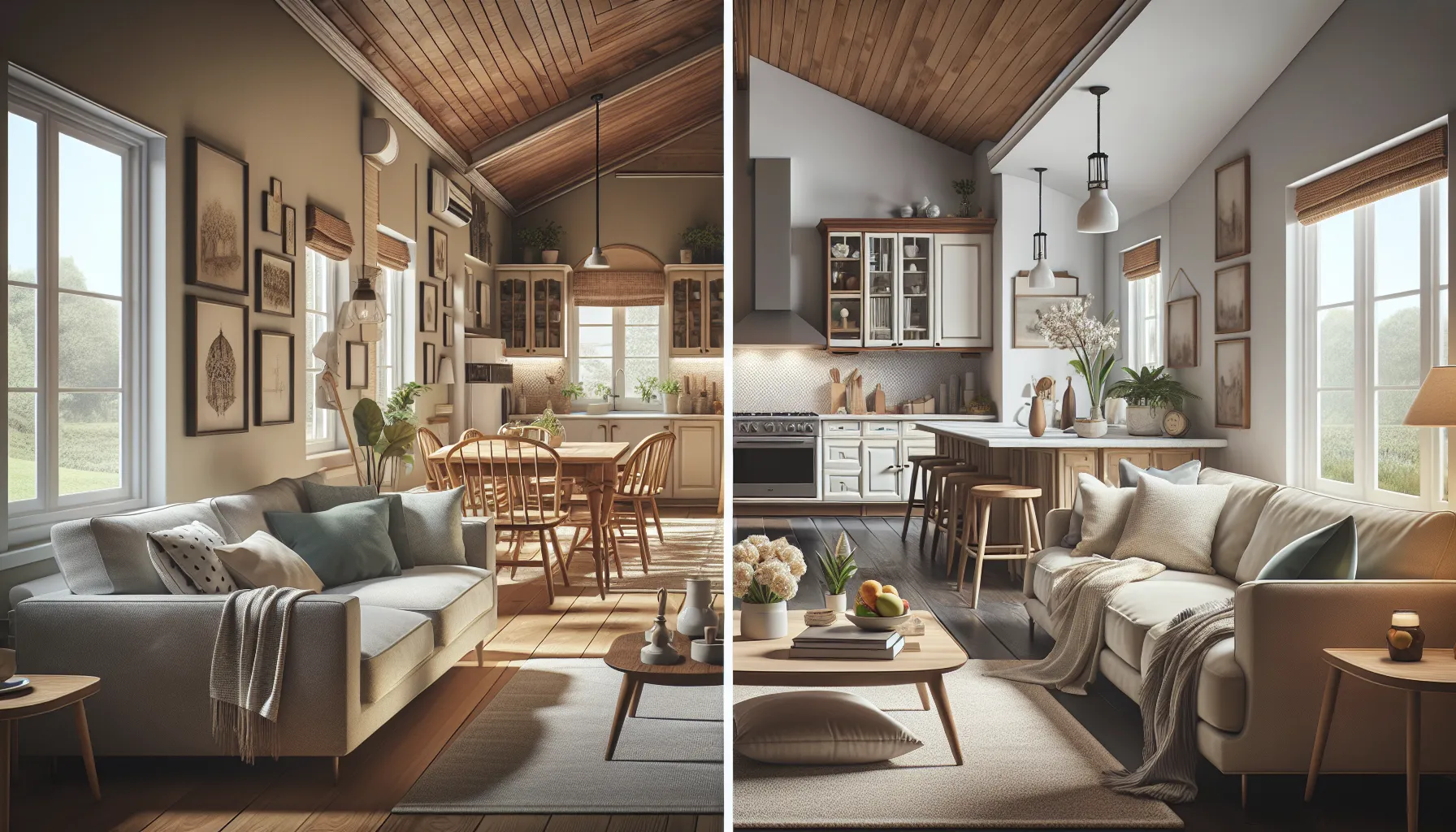Ever thought about turning a rundown house into your dream home? It’s a thrilling journey that can be both cost-effective and rewarding. Imagine purchasing a low-cost property, then breathing new life into it with a few renovations. This process isn’t just about saving money—it’s an adventure that blends creativity with practicality. In this guide, we’ll explore how to buy a cheap house and fix it up, making it not just a house, but a home.

Why Consider Buying a Fixer-Upper?
Affordability is the primary allure. Purchasing a fixer-upper allows you to enter the housing market at a lower price point. But there’s more than just cost-saving. When you renovate, you have the chance to personalize every detail, creating a space that truly reflects your style and needs. Plus, the potential return on investment can be significant, especially in a thriving market like Georgia.
The Benefits of a Fixer-Upper
- Lower Purchase Price: Properties needing work are generally priced below market value.
- Customization Potential: Tailor the home to your preferences and lifestyle.
- Increased Equity: Well-planned renovations can boost the home’s value significantly.
Finding the Right Property
The search for the perfect fixer-upper is crucial. Start by identifying neighborhoods with potential growth. Look for areas with rising property values and community development projects. In Georgia, cities like Atlanta offer diverse options, from urban settings to quiet suburbs.
What to Look For
- Structural Integrity: A solid foundation is vital. Avoid homes with severe structural issues.
- Location: Proximity to schools, workplaces, and amenities can influence future value.
- Potential vs. Cost: Balance the potential of the property with the cost of repairs.
Planning Your Renovation Journey
Once you’ve landed your bargain property, it’s time to plan the renovation. Start with a clear vision. What are your must-haves? What can wait? Create a list and prioritize.
Budgeting and Financing
Budgeting is the backbone of a successful renovation. It prevents overspending and ensures that the most important projects are completed first. Consider these steps:
- Assess the Scope: Determine which repairs are essential and which are cosmetic.
- Get Quotes: Consult contractors for estimates on major work.
- Set a Contingency: Allocate 10-20% of your budget for unexpected expenses.
DIY or Professional Help?
Decide what tasks you can tackle yourself and what requires professional expertise. While painting and minor repairs might be DIY-friendly, electrical and plumbing work often need a professional touch.
Renovation Ideas to Maximize Value
When renovating, focus on projects that offer the best return on investment. Kitchens and bathrooms are prime candidates for upgrades. Also, consider energy-efficient improvements like insulation and solar panels, which can reduce future utility costs and appeal to eco-conscious buyers.
Key Renovation Areas
- Kitchen: Modernize with new fixtures, cabinets, and energy-efficient appliances.
- Bathroom: Update with contemporary tiles, fixtures, and efficient water systems.
- Curb Appeal: Fresh paint and landscaping can transform the exterior.
Navigating the Real Estate Market with AnySqft
To streamline this journey, consider using AnySqft’s AI-driven platform. It offers valuable insights into property values and market trends, ensuring you make informed decisions. With its help, you can confidently navigate the buying and renovating process, maximizing both convenience and profitability.
Conclusion
Buying and fixing up a cheap house is more than a financial decision; it’s a transformative experience. With the right strategy, a keen eye for potential, and a little elbow grease, you can turn a budget-friendly property into the home of your dreams. Embrace the challenge and enjoy the rewards—not just the financial ones, but the joy of creating a space that’s uniquely yours.
How to Buy a Cheap House and Fix It Up
Buying a cheap house and renovating it can be a rewarding venture. Here’s a quick guide:
Steps to Consider
- Research Locations: Look for neighborhoods with potential growth.
- Inspect Properties: Focus on structural integrity and renovation potential.
- Create a Budget: Allocate funds for both purchase and renovations.
- DIY vs. Professional Help: Decide what tasks you can handle yourself.
Utilize AnySqft for market insights and property evaluations. Their platform offers valuable data to help you make informed decisions.
Ready to start your journey? Explore more at AnySqft for the best property deals and insights!
